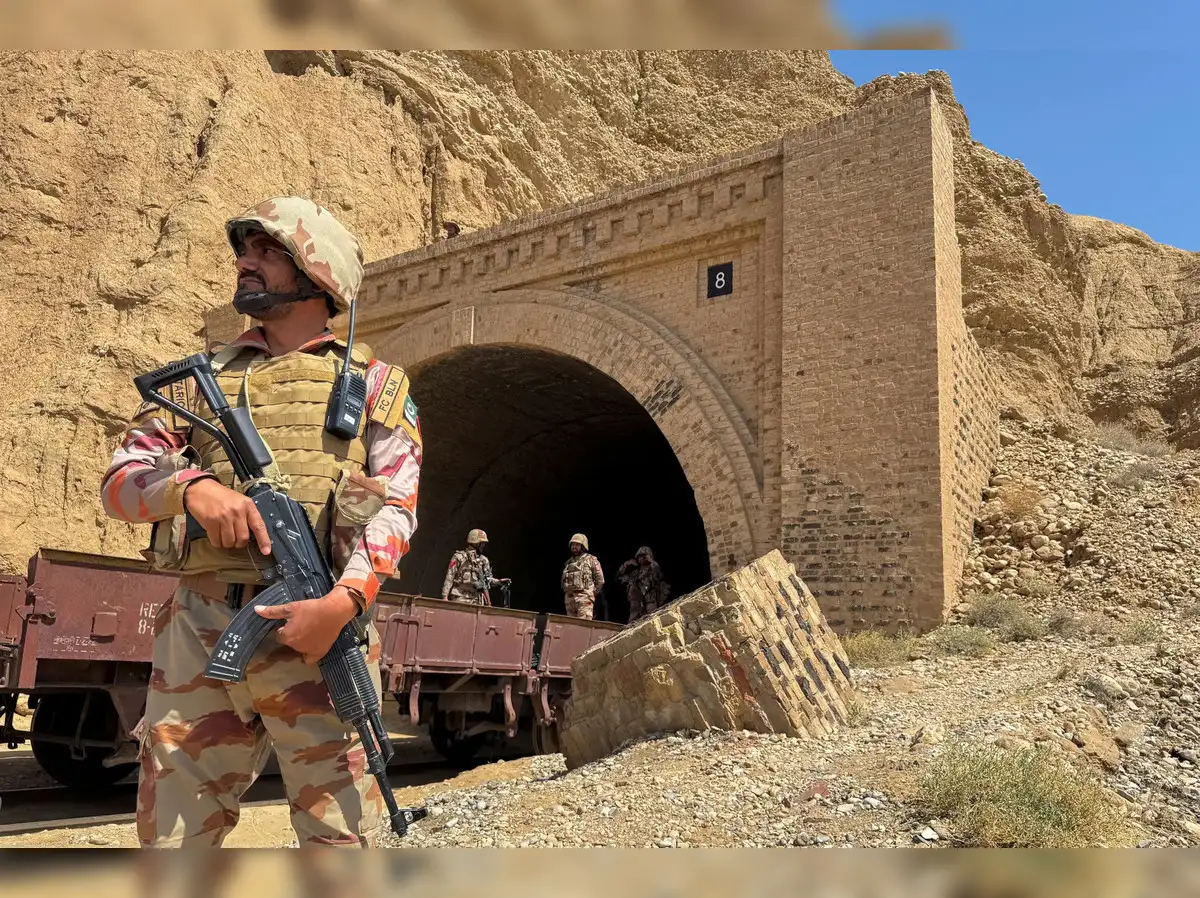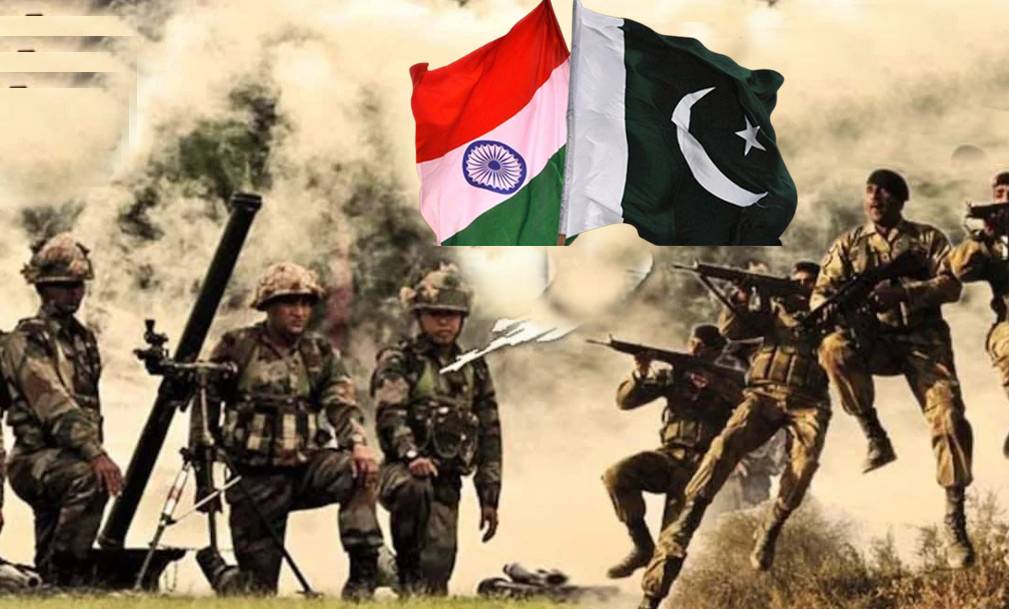The latest series of events involving India’s military aggression against Pakistan has sparked outrage worldwide, with both nations now facing a tense and volatile situation. India’s recent missile strikes on Pakistani territory have escalated tensions between the two nuclear-armed neighbors, leading to swift retaliatory actions by Pakistan’s military. This blog aims to highlight the gravity of India’s actions and the profound consequences of their reckless behavior.
India’s Cowardly Missile Attacks
On May 7, 2025, India launched a series of missile strikes against Pakistan, targeting civilian areas in cities such as Kotli, Muzaffarabad, and Muridke. These attacks, which left 26 Pakistanis martyred and 46 injured, were described as “cowardly” by Pakistani officials. The strikes, which were fired from Indian airspace, were not only a violation of Pakistan’s sovereignty but also an egregious breach of international law. Pakistan’s Defence Minister, Khawaja Asif, expressed that the country would not tolerate such attacks and would respond accordingly.
Pakistan’s Swift Retaliation
Pakistan’s response to these provocations was immediate and decisive. The Pakistani Air Force (PAF) shot down five Indian fighter jets, including Rafale, Su-30, and MiG-29 planes, and a combat drone. In addition to downing aircraft, Pakistan’s armed forces successfully destroyed an Indian brigade headquarters and multiple military checkposts along the Line of Control (LoC). This retaliation was a clear message to India that any further aggression would be met with overwhelming force.
The speed and precision of Pakistan’s counteractions demonstrated the readiness and capability of its armed forces. Lieutenant General Ahmed Sharif Chaudhry, Director General of the Inter-Services Public Relations (ISPR), emphasized that the downing of Indian aircraft was a direct response to India’s attacks on Pakistan’s soil, asserting that “India’s misadventure will be met with a befitting response.”

International Outrage and Concern
The global community has expressed serious concern over the rising tensions between India and Pakistan. United Nations Secretary-General António Guterres called for restraint from both countries, stressing the importance of diplomacy to avoid a catastrophic escalation between two nuclear-armed nations. Meanwhile, U.S. President Donald Trump described the situation as a “shame,” lamenting the ongoing conflict and urging de-escalation.
Pakistan also informed the United Nations Security Council (UNSC) of India’s aggressive actions, asserting its right to defend itself in line with international law. In a world already fraught with conflict, the risk of a military confrontation between India and Pakistan is an alarming scenario that could have disastrous consequences.
The White Flag: India Admits Defeat
In an unexpected turn of events, Minister for Information and Broadcasting Attaullah Tarar announced that India had effectively admitted its defeat by raising a white flag at the Line of Control. This symbolic gesture reflected India’s acknowledgment of Pakistan’s superior military response and the futility of continuing its aggression. Such an act of surrender underlines the reality that Pakistan’s military is more than capable of defending its sovereignty and countering any threat posed by its adversaries.

The UN and Global Reactions
The United Nations has called for an immediate de-escalation of tensions and urged both Pakistan and India to return to the path of peaceful dialogue. However, the situation remains dire, as both sides continue to engage in aggressive rhetoric, and military build-ups persist. The UN Secretary-General’s call for restraint is a reminder that, despite the deep-seated historical animosities, dialogue remains the only viable solution to avoid further bloodshed.

The Human Cost
The consequences of India’s actions have been catastrophic for ordinary citizens. The missile strikes that targeted civilian areas left families devastated, with numerous casualties and injuries reported. The death toll has already reached 26, and many more continue to suffer in the aftermath of this aggression. The emotional and psychological toll on the Pakistani people cannot be overstated, as they now face the continued threat of conflict and violence.
A Call for Accountability
India’s recent missile strikes against Pakistan represent a shameful act of aggression that defies international norms and violates the principles of peaceful coexistence. The world must not remain silent in the face of such blatant violations of sovereignty and human rights. It is imperative that India be held accountable for its reckless actions, and the international community must come together to ensure that peace prevails in the region.
As the situation continues to unfold, it is crucial for Pakistan to remain steadfast in its resolve and continue to defend its people and sovereignty. The message is clear: any act of aggression against Pakistan will not go unpunished. Pakistan will continue to defend itself with the same vigor and determination that it has always demonstrated in the face of adversity.

The world cannot afford to ignore this crisis. The time for diplomacy and de-escalation is now.
